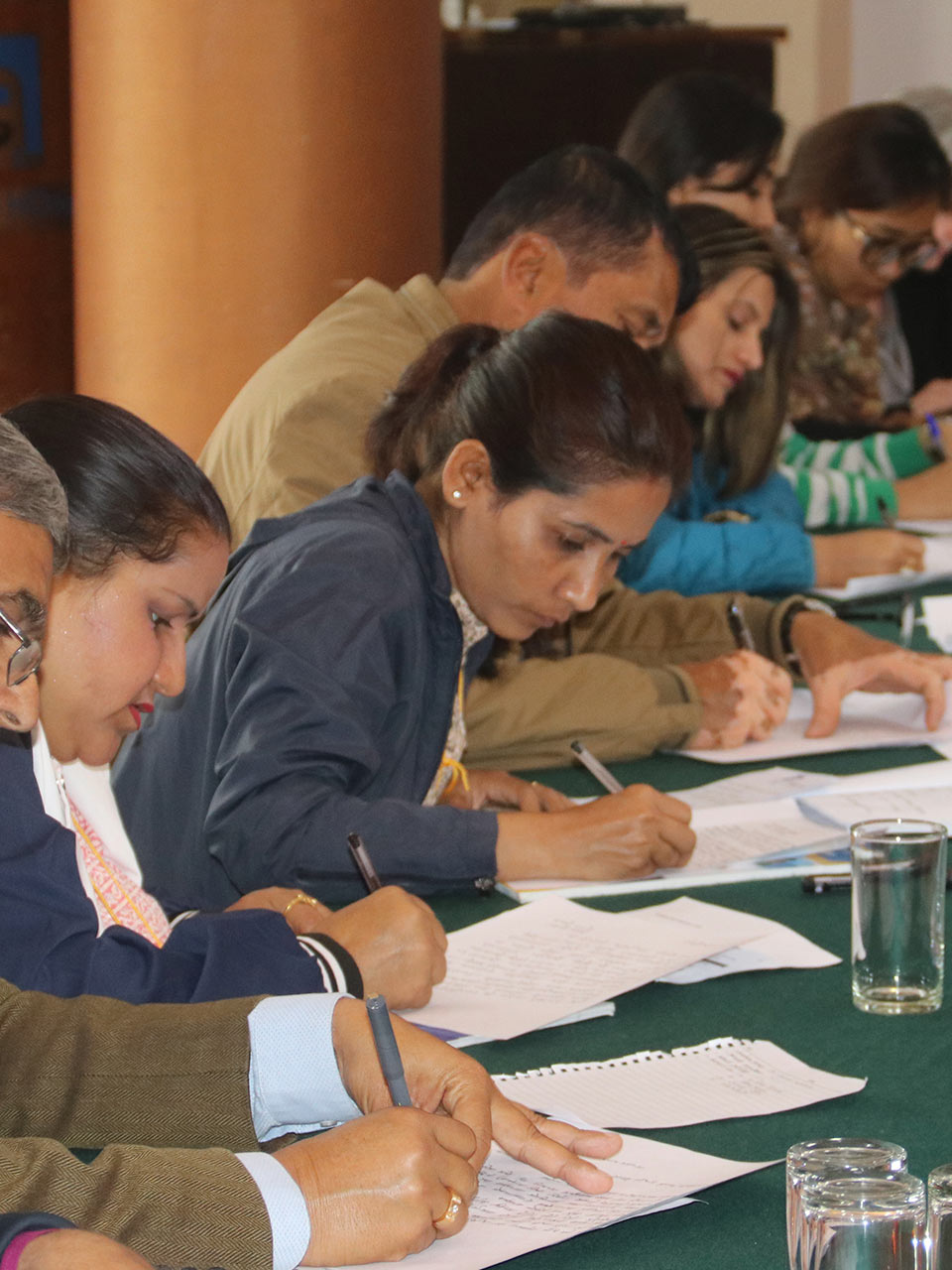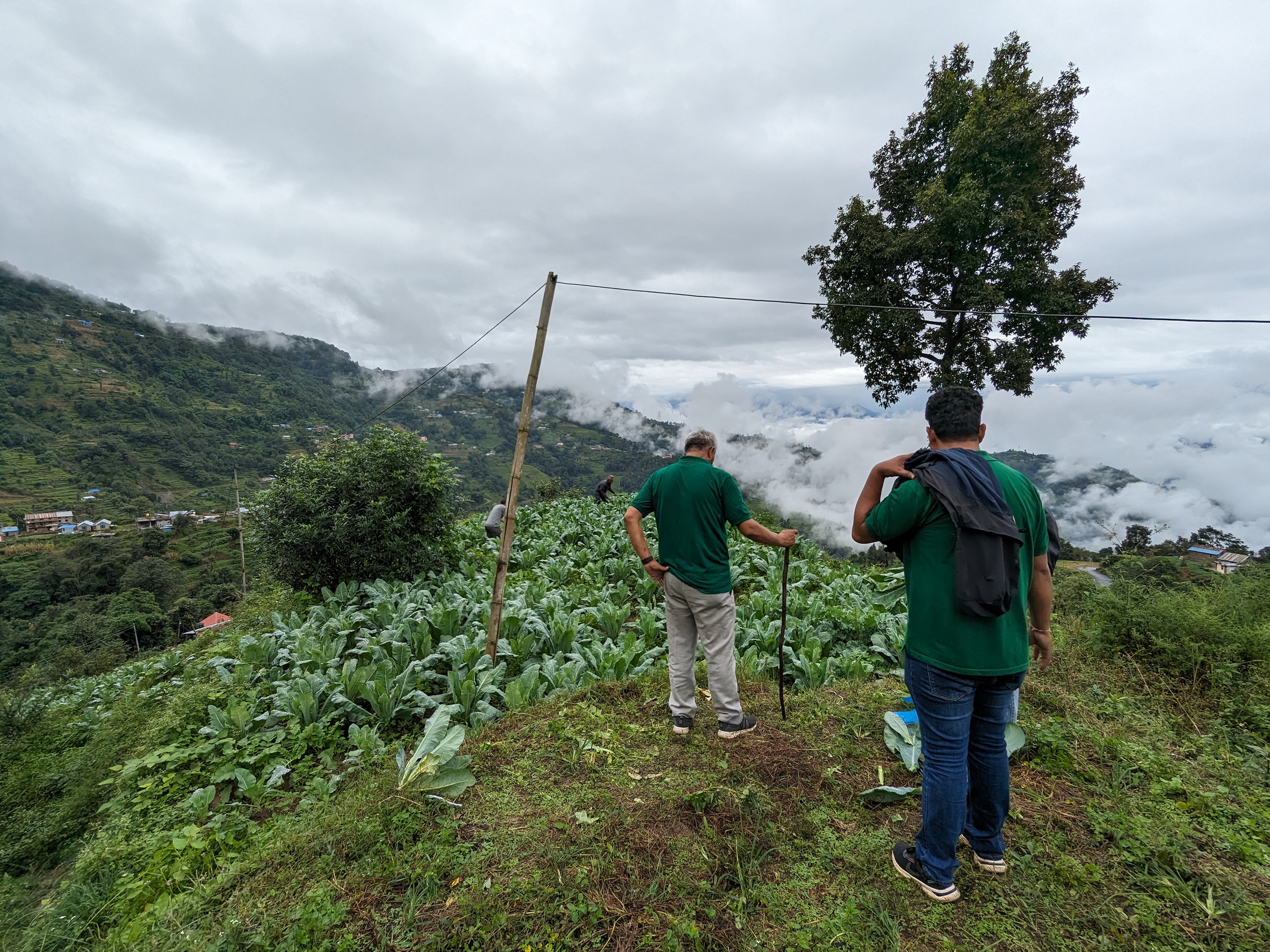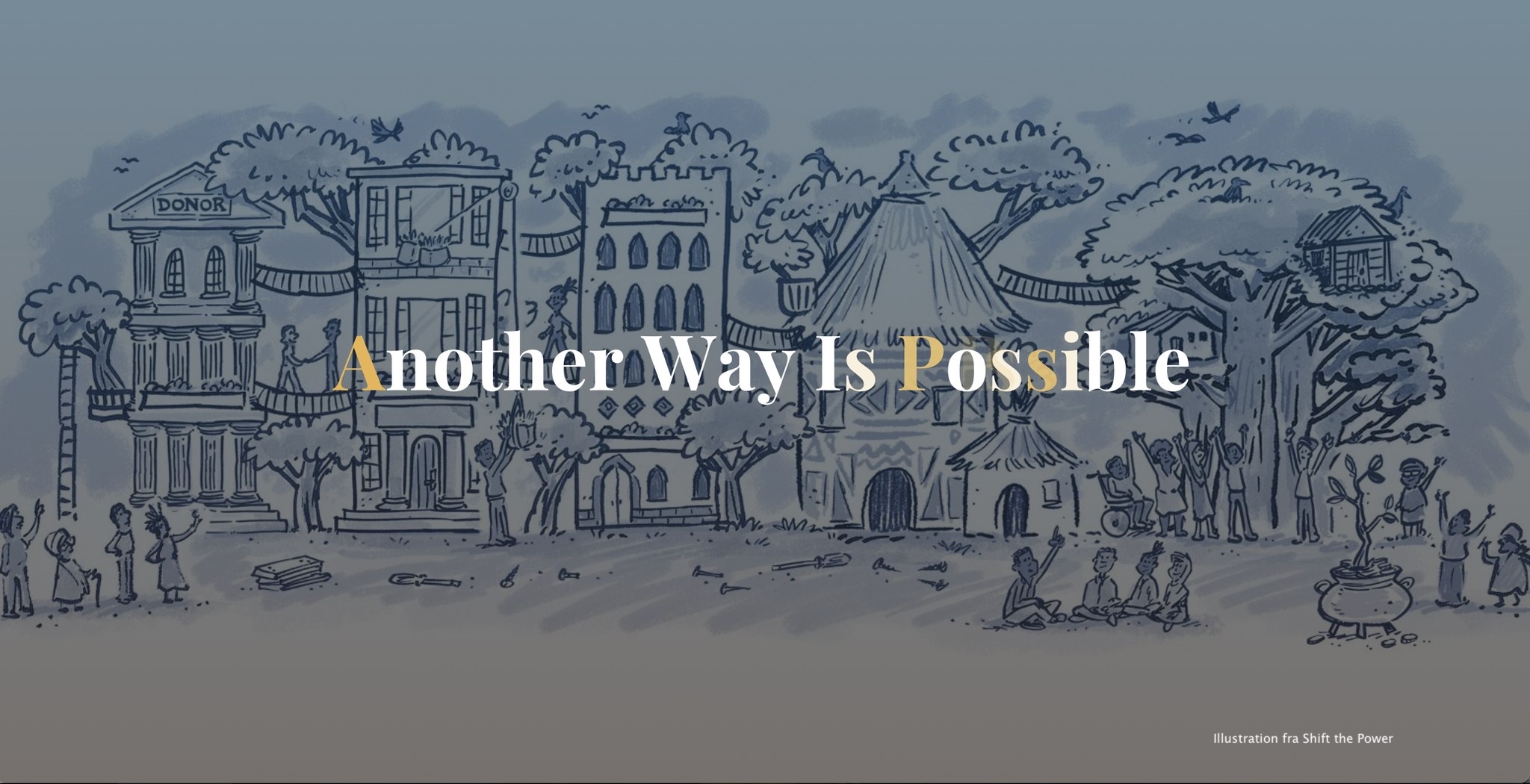The project aims to strengthen capacity, knowledge and collaboration between Nepali local civil society organizations working in different sectors, but all affected by climate change. The aim is to ensure that the most vulnerable groups have a voice in decisions that affect their lives.
Specific goals
A. Strengthen capacity and collaboration between local community organizations and conduct climate vulnerability analysis.
B. Strengthen Everest Network’s ability to influence and promote the needs, knowledge and rights of local communities to local, national and international leaders.
Nepal is the second poorest country in Asia, ranking 143 out of 187 in the UN Human Development Index (2022). 44% of the population lives below the poverty line and half of children under five suffer from malnutrition. Globally, Nepal ranks fourth in vulnerability to climate change. Local communities – especially women, indigenous people and people with disabilities – are particularly hard hit.
Nepal’s 2015 constitution transferred power from the central government to provinces and municipalities. Although the law gives municipalities great responsibility for local development – including climate adaptation – they often lack capacity, resources and infrastructure. Local organizations therefore play a crucial role in supporting municipalities.
Local planning and LAPA
The Nepalese government has developed the Local Adaptation Plan of Action (LAPA) as a tool to integrate climate adaptation into local planning. But in practice, there are major challenges: lack of participation from the most vulnerable groups, language barriers, lack of funding and caste communities prevent equal access. Everest Network is actively working to change this – through local knowledge, advocacy and support to ensure that LAPA does not become a paper tiger.
LAPA Plus – a model of success
One of the Everest Network member organizations received support from the CCAM modality to develop “LAPA Plus” – an improved version focused on documenting local participation and impact. The project has received positive feedback from both the municipality and a CCAM evaluation. Another member organization has just received support to replicate and further develop this model – which now serves as a shared learning process for the entire network.
Disasters and equalization
Disasters like the 2015 earthquake and 2022 floods have shown that the most vulnerable groups are often excluded from help and decisions. Targeted support based on actual needs is needed – and local organizations can play a crucial role in ensuring this.
The role of civil society
The project strengthens civil society by promoting cooperation and community organizing. All member organizations work from a human rights-based approach and seek to create social justice. They support marginalized groups without a political voice – working both to support local governments and to hold them accountable.
The project is about empowering those most affected by climate change. By strengthening local organizations, ensuring their participation in decision-making and creating sustainable solutions, the project contributes to a more equitable and resilient future in Nepal.
CICED provides technical and administrative support.
The project is funded by Danish taxpayers through Danish development aid, administered by CISU.































